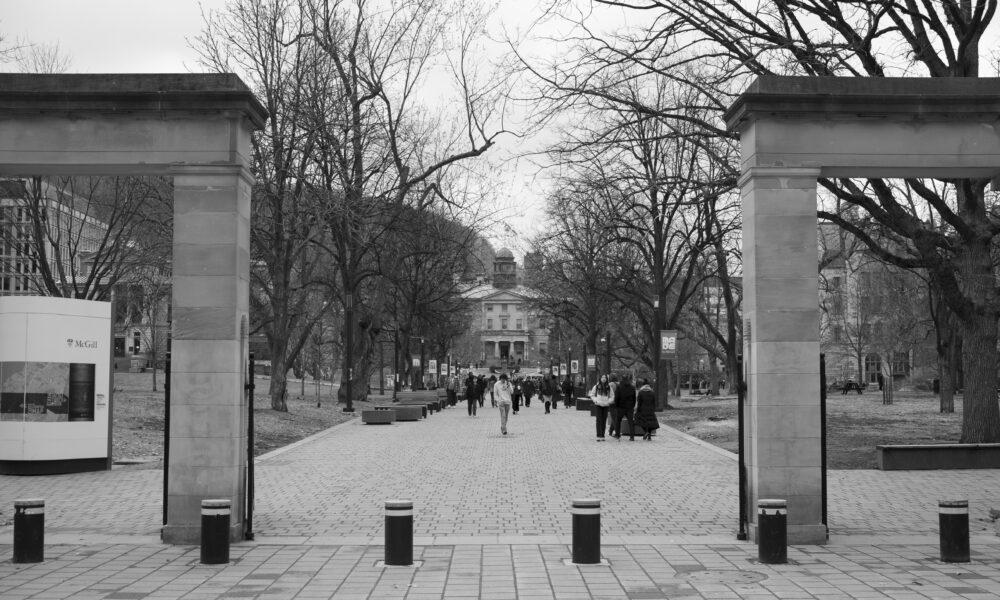As a graduating student, reading break was an opportunity for me to reflect on my time at McGill. After a few moments of thought, I realized that I could not recall a significant amount of what I had learned in the last four years. This is emblematic not just of my poor memory but of the systemic problem with universities like McGill. Rather than teaching us how to develop our own critical thinking skills, post-secondary institutions venerate the thought of academics. A university education should teach students how to think, instead of what to think.
In 1968, Paulo Freire published Pedagogy of the Oppressed, which remains one of the most poignant critiques of teaching practices. Freire wrote from his perspective as a mass educator who grew up during the Brazilian Revolution. He observed how pedagogy often failed the individuals whom it purported to uplift. The problem with the pedagogy that most of us are exposed to at McGill is that it does not empower us. Instead, institutionalized education tends to follow what Freire calls the “banking model of education,” in which teachers treat students as vessels that need to be filled with knowledge. This involves little participation from students, who leave industrial-style education with a set of socially acceptable values and a stunted sense of critical thinking. The banking model teaches students how to adjust to the world, rather than to be active participants in it.
From a pedagogical perspective, my education at McGill has been disappointing. The majority of my instruction has revolved around massive lecture halls, droning professors, and an abysmal level of student participation. I was taught how to appease the university system. I cultivate relationships with teaching assistants and curate skimmable essays that cater to their lack of paid working hours. I write essays that placate professors’ perspectives and regurgitate lecture slides for midterms. While the aforementioned skills represent the cultural and social capital necessary to succeed at McGill, they hold little value outside of the Roddick Gates. If the university’s goal is to advance the learning of its students, it is woefully failing.
Clearly, we should be moving away from the banking model. To improve, educational institutions need to examine their purpose and deficiencies. Our schooling system revolves around teachers providing students with information, which creates a dynamic where students view teachers as the vanguard of knowledge. Instead of reinforcing hierarchies, schools should promote diverse perspectives, most importantly from students, because education focused on students has the potential to address inequities. Racialized students in Canada have long participated in an educational system that does not validate their histories and cultures. This is because our schooling system forces students to conform to the dominant white culture—not to mention the harm residential schools and settler colonialism have done in excluding Indigenous forms of learning from institutionalized teaching. Educators dictating the “correct” interpretation or understanding of information inherently invalidates diverse perspectives. Currently, educational institutions reproduce inequities instead of ameliorating them. A better education for all requires everyone to see and hear themselves in their education.
Within the specific context of McGill, there is potential for progress toward a better pedagogy. One of the easiest changes to implement would be greater student participation in all courses. Instead of delivering didactic lectures, instructors should structure more classes around seminars that encourage diverse student perspectives. In terms of assessment, testing needs to emphasize critical and creative engagement, as opposed to the ability to follow instructions. Most importantly, we need to abolish hierarchies in the classroom, ensuring that no one individual’s opinion is valued over another. The elimination of hierarchies is difficult, but it begins with teachers recognizing students as intellectual equals. My suggestions may appear drastic, but if our learning is as important as McGill claims it is, change is necessary.
When knowledge is dispensed like candy, it becomes nearly impossible to create self-reflective and pro-active people. If education is going to change lives, it must be personalized instead of being commercialized, and the best way to do that is through the empowerment of students in their own learning.







